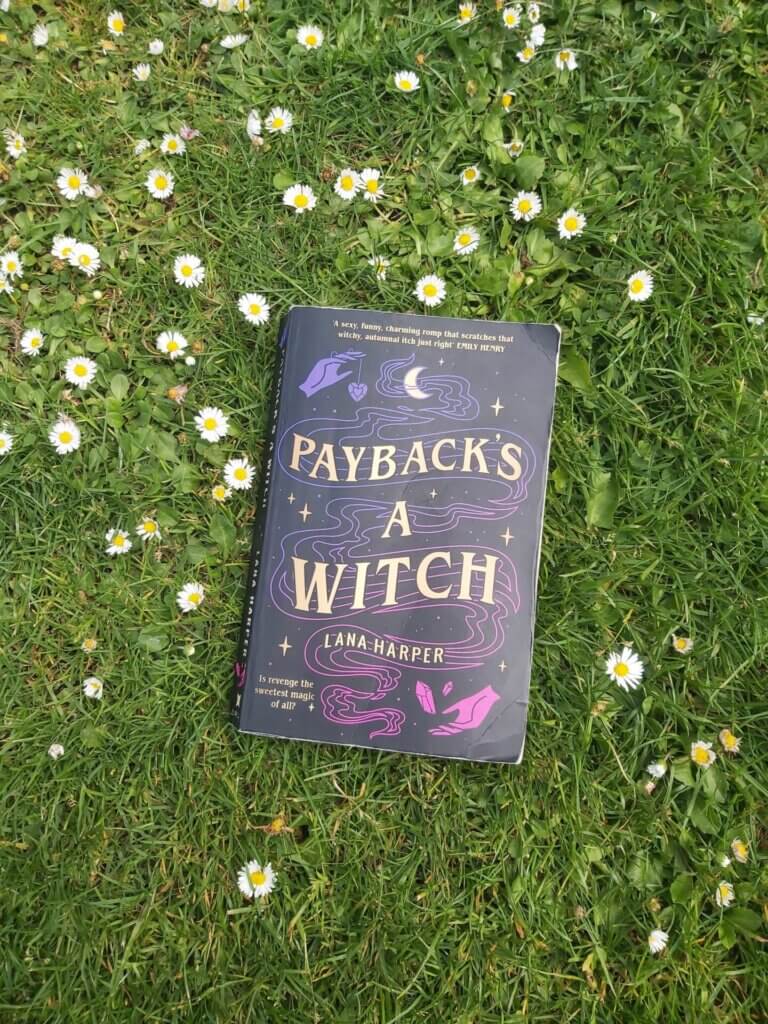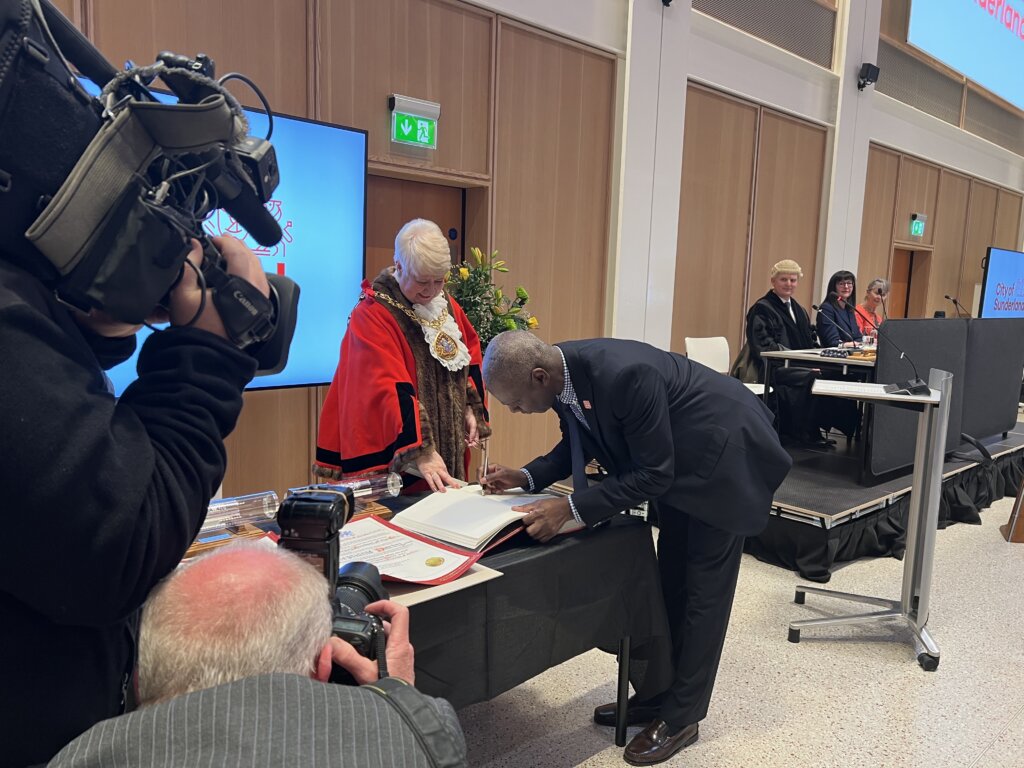The controversy of the macabre in digital media
Written by Taz Chowdhury on 14th March 2023
Booming past its initial infancy phase within literature and digital media, the widespread integration of the macabre and the convenience of knowledge have swiftly morphed into a melting pot resulting into the newfound interest of the True Crime genre.
From bibliographies written by serial killers sitting in solitary confinement, to Netflix series’ and documentaries written to re-imagine the gruesome tales; True Crime has easily become both a captivating and controversial genre.
Scriptures telling of unfortunate fates have dated all the way back to the Ancient periods around the globe such as ancient Greece. The Roman Empire, South Asia as well as in the Great Britain we know today; the first usually fictional stories, poems or plays regarding tragedy, encouraging the audience to feel emotion to great extent, almost exercising empathy while becoming simultaneously desensitised to the destructive primal behaviour of man.
Recent critically acclaimed works such as Netflix’s “Dahmer” – the adaptation of the life of infamous American serial killer and cannibal “Jeffrey Dahmer”, who was rampant for the murders of 17 men and boys during 1978 and 1991 as well as being notorious for his sickening treatment of the dead – came under fire by both critics and families due to the ethical implications the series had upon the families and descendants of those who were unfortunately entangled in Dahmer’s manic motives. Many debated the possibility that re-enacting and tracing the footsteps of his actions as a form of digital entertainment created and air of exploitation of the trauma, suffering and grief that was felt in waves within the communities that were struck by the unsolicited violence. Janie Hagen, the sister of one of the victims, Richard Guerreo stated that, “My mind is like a VCR… it just rewinds and takes me back”.
This all therefore brings consumers and critics alike to the age-old contest of “Who has the right to re-tell stories?” and whether or not limitations of preserving history should be dismissed or endorsed and re-told by those whom it has affected and continues to impact; or even not told at all. The importance of the education and awareness of history’s atrocities and it’s friction against long term impacts upon the suffers has subsequently created a grey area in which those who are not sure or completely disregard the initial framework of the argument as a whole float around in a limbo of some sorts.
To conclude, man’s attraction to the macabre integrating with the rising intertextual elements of digital media has ultimately transformed and put up to debate complex and unique ideas surrounding the origins and nature of the genre itself, creating an infinite spectrum where many are enticed by a world of narrative and suggestion.







